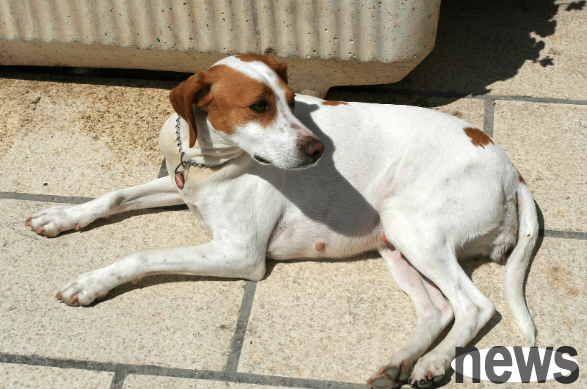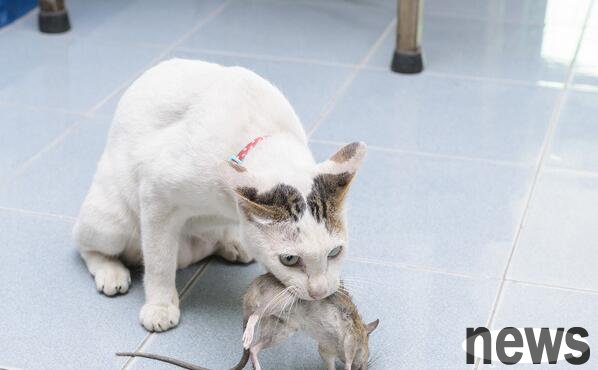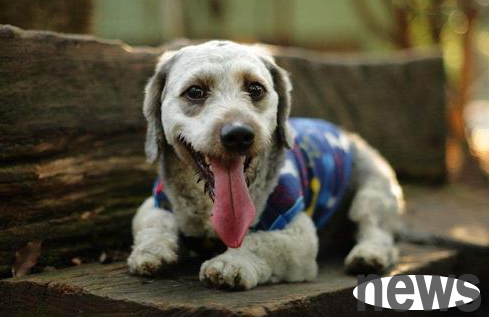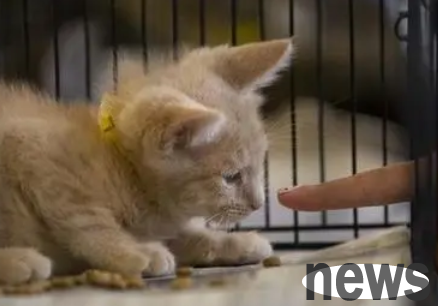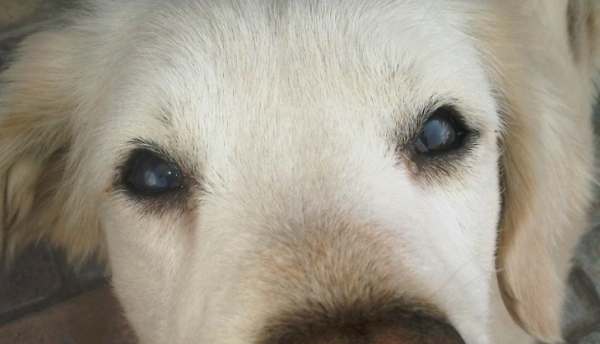The 4 manifestations of the dog imply that it has social phobia!
Do your dog often show some of the following behaviors:
When encountering strangers or other animals, nervous, afraid or escape?
In a new environment or situation, anxiety, or resistance?
Overreact or panic to sudden sounds or objects?
Can't stay at home or in a cage quietly without the company of your master?
If yes, your dog may suffer from a mental illness called "social phobia".
What is social phobia?
Social phobia is a common mental illness that makes dogs feel extremely fear or stressed about social or environmental changes. Socially phobic dogs are often lacking in self-confidence and security and are susceptible to irritation or threats. Socially phobic dogs may exhibit bad behaviors such as evasion, freezing, shaking, whimpering, barking, and biting. What is the cause of

Social phobia? There may be many causes of social phobia, the most common of which are:
Genetic factors: Some dog breeds or individuals are more likely to suffer from social phobia, such as border collies, German shepherds, Chihuahuas, etc.
Environmental factors: Some dogs are growing up in a environment that is not conducive to their social development, such as lack of contact with humans or other animals, experience of abuse or violence, lack of proper training or socialization.
Emotional factors: Some dogs have negatively affected their psychological state, such as experiencing trauma or separation, feeling their owner's tension or dissatisfaction, lacking their owner's attention or rewards, etc. How can

help dogs with social phobia?
If your dog suffers from social phobia, you can do some of the following to help him:
Consult with a veterinarian: The veterinarian can help you determine if your dog is actually suffering from social phobia and whether medications or other treatments are needed to alleviate its symptoms.
Provide a safe environment: You should provide your dog with a quiet, comfortable and sufficient space to make it feel relaxed and safe. You can also give it some toys or chews to give it some pastime and stress relief.
Add moderate stimulation: You should gradually expose your dog to some new people or animals, but be careful to control the intensity and time of the stimulation and avoid excessive fear or stress. You can also give it some positive rewards, such as food, toys or praises, to enhance its confidence and trust.
Cultivate good relationships: You should spend more time interacting with your dog, such as walking, playing or stroking, to enhance your feelings and trust. You should also be consistent and gentle, avoid losing your temper or punishing it to reduce its uneasiness and anxiety.


